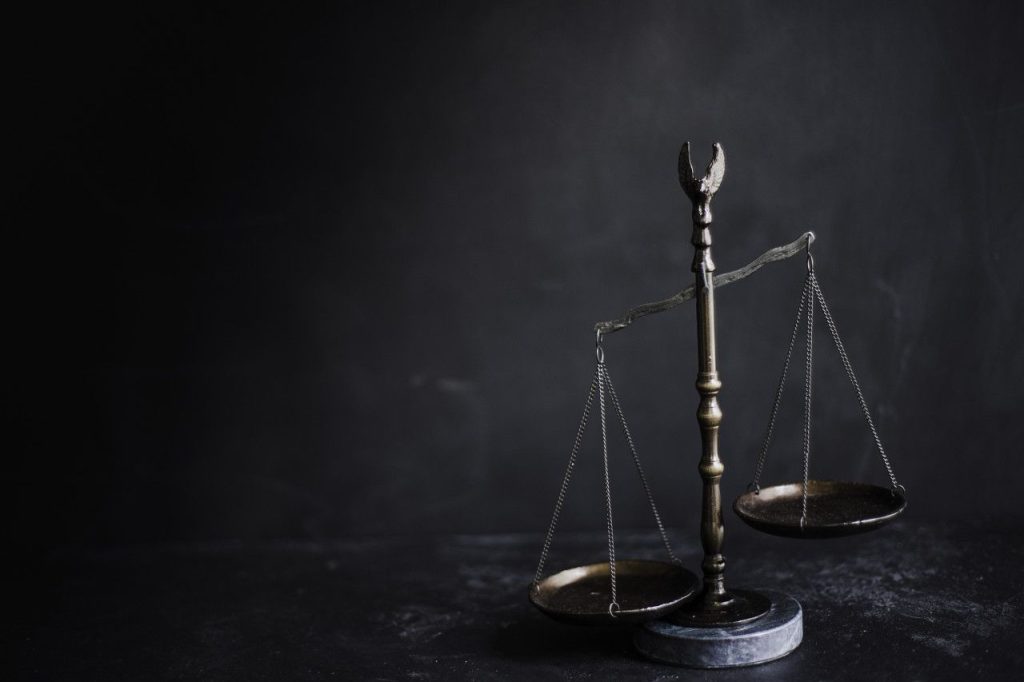Payment of Interest on Gross Amount has been a bone of contention for long and matter seems to have settled down subsequent to the decision in 39th GST Council Meeting wherein it was decided that taxpayers would be required to pay interest only on the liability which has been discharged through cash. The required amendment is yet to be made in the statute, but its expected that the same may be made soon.
However, there is more to the amendment, as and when made to the statute for the taxpayers to take care otherwise the simple notion that interest has to be paid on cash component may just land them in trouble and prove to be a costly affair for taxpayers. The proposed amendment and insertion of the proviso to Section 50 is being reproduced herewith-
“Provided that the interest on tax payable in respect of supplies made during a tax period and declared in the return for the said period furnished after the due date in accordance with the provisions of section 39, except where such return is furnished after commencement of any proceedings under section 73 or section 74 in respect of the said period, shall be levied on that portion of the tax that is paid by debiting the electronic cash ledger.”
Interest to be paid on cash component only in cases wherein supplies have been made and declared in the same period otherwise interest to be paid on gross amount-
The proviso provides that interest should be payable on the component which has been discharged by way of debit to electronic cash ledger provided that the supplies made during the tax period have been declared in the same return period.
Therefore, if any tax has been declared in the return for the month other than the one in which supply was made, interest would be payable on gross output liability irrespective of the fact that such liability was paid by way of debit to Electronic Credit ledger only. Other than the above, any return which has been filed after commencement of proceedings under section 73 or section 74 would again entail tax to be paid on gross amount.
Extract of 31st GST Council Meeting held in December 2018
The above principle is also evident from the extract of the Agenda of 31st GST Council Meeting is being reproduced herewith-
The issue was deliberated by the Law Committee in its meeting held on 15.12.2018. The Committee observed that the proposal to charge interest only on the net liability of the taxpayer, after taking into account the admissible credit, may be accepted in principle. Accordingly, the interest would be charged on the delayed payment of the amount payable through the electronic cash ledger. However, where invoices/debit notes have been uploaded in statements pertaining to the period subsequent to the period in which they should have been uploaded, the interest shall be calculated on the amount of tax calculated on the taxable value from the date on which the tax on such invoices was due. This would require amendment to the Law.
Emphasis Supplied
Example of the above scenario-
Example-Supposedly, a registered person had outward supplies of Rs 100000 and tax liability of Rs 18000 in the month of July 2019. His entitlement of Input Tax Credit was Rs 25000.0 in the month of July 2019. Therefore, on an overall basis there was an excess Input Tax Credit of Rs 7000.00.
Case-1-Registered person filed his return for the month of July 2019 on 5th August 2020. He declared entire output liability of Rs 18000.00 and claimed Input Tax Credit of Rs 25000.00. Although the return has been filed after delay but in such case, the entire liability of July 2019 has been declared correctly in the return for the month of July 2019 itself (albeit the return has been filed after substantial delay). Thus, there would be no liability to pay Interest since no liability has been discharged by debiting cash ledger.
Case-2- Registered person filed his return for the month of July 2019 on 10th September 2019 but he only declared output liability of Rs 10000.00 in the return for the month of July 2019 and rest of the liability of Rs 8000.00 was shown in the return for the month of March 2020. The assessee claimed entire Input Tax Credit of Rs 25000.00 in the month of July 2019 itself.
The assessee would not be required to pay interest on the liability of Rs 10000.00 discharged by the return for the month of July 2019, even though the same was filed after delay. However, since liability of Rs 8000 was not declared in the return for the month in which such supplies were made i.e. July 2019, therefore interest would be payable on Rs 8000 irrespective of the fact that there was sufficient credit available in the electronic credit ledger of the taxpayer or liability of entire Rs 8000 was discharged by debit to electronic credit ledger.
Conclusion Incorrect reporting of outward supplies in the return may just prove to be more costly in case of incorrect return filed with incomplete figures just for the sake of avoiding late fees. Thus care, needs to be taken while filing the return, otherwise even after having sufficient balance in the electronic credit ledger and the retrospective amendment, taxpayer may be liable to pay interest on gross amount of output liability.



